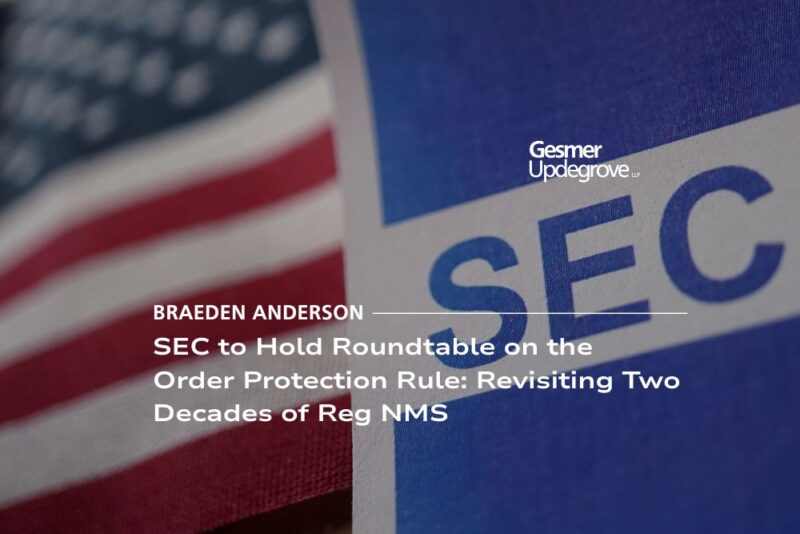
By: Braeden Anderson
The U.S. Securities and Exchange Commission announced it will host a public roundtable on September 18, 2025, to re-examine the Order Protection Rule (Rule 611 of Regulation NMS) and its parallels in the listed options markets. The discussion will center on the rule’s “trade-through” prohibitions, which require trading centers to implement reasonable policies and procedures designed to prevent executions at prices inferior to protected quotations, subject to a host of exceptions.
Background on Rule 611
Adopted in 2005 as part of Reg NMS, the Order Protection Rule was designed to enhance investor protection and ensure fair access by obligating markets to honor the best displayed prices across venues. Proponents argued the rule improved transparency and competition. Detractors countered that it was an overly rigid intervention, one that could stifle efficiency and innovation. Rule 611 applies not only to NMS stocks but also, through coordinated plans, to listed options.
Commissioner Atkins’ Longstanding Criticism
The roundtable takes on added weight given SEC Chairman Paul S. Atkins’ history with Reg NMS. As a Commissioner in 2005, Atkins–alongside Commissioner Cynthia Glassman–dissented from its adoption, warning that Rule 611 was “unnecessary and anti-competitive.” He cautioned that it would distort natural market dynamics and encourage gamesmanship around regulatory loopholes rather than bolster liquidity.
Responding to yesterday’s announcement, Chairman Atkins reiterated his concerns:
“Reg NMS and its Rule 611 have not served investors or broker-dealers well, given the market distortion and resulting gamesmanship by those that seek to take advantage of the Reg NMS structure. It is incumbent upon the Commission to give the public an opportunity to weigh in on items in our rulebook that deserve a refresh.”
His remarks highlight a continuity of skepticism spanning two decades and prompt the question of whether the intervening experience with Reg NMS has proven those early warnings correct.
Unintended Consequences and Market Gamesmanship
Critics argue that rather than fostering competition, Rule 611 has led to regulatory arbitrage, with liquidity migrating to venues not covered by the rule and trading strategies developing solely to exploit its exceptions. These outcomes, they contend, illustrate the risks of prescriptive regulation in a rapidly evolving market landscape.
Looking Ahead
The September roundtable will give the SEC, market participants, and the public an opportunity to reassess the policy basis for Rule 611 and evaluate whether it remains appropriate in today’s environment. With nearly twenty years of data and market experience, stakeholders can consider whether the rule has, in practice, promoted fairness–or instead validated long-standing concerns about distortion and inefficiency.
The event will be open to the public at the SEC’s Washington, D.C. headquarters and streamed live on SEC.gov. Members of the public are also invited to submit written comments under File Number 4-862, which will become part of the public record.
Attorney Advertising — This information is provided as a service to clients, prospective clients, and other friends for educational purposes only. It should not be construed as legal advice or to create an attorney-client relationship.
Contact Us Today
- SEC Chairman Paul Atkins Announces Updates to Wells Process
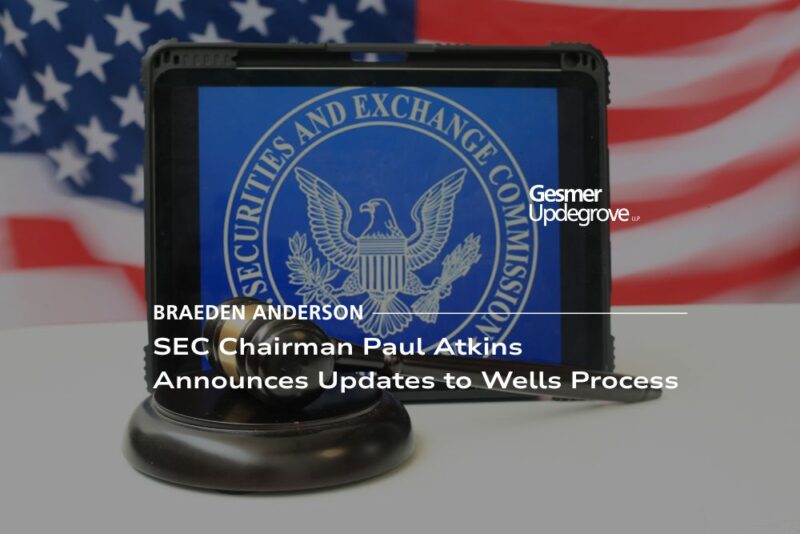
- SEC Policy Update: Coordinated Review of Settlements and Waivers Restored
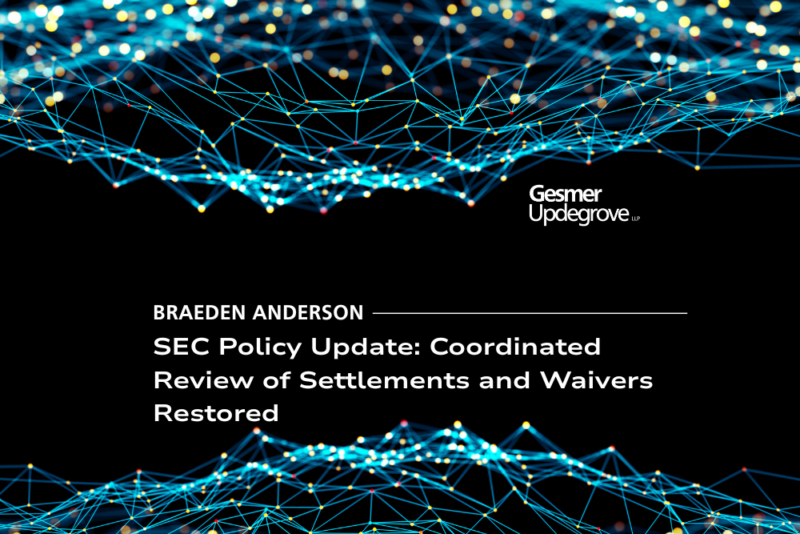
- SEC Provides Key Update on Treasury Clearing Rule Implementation
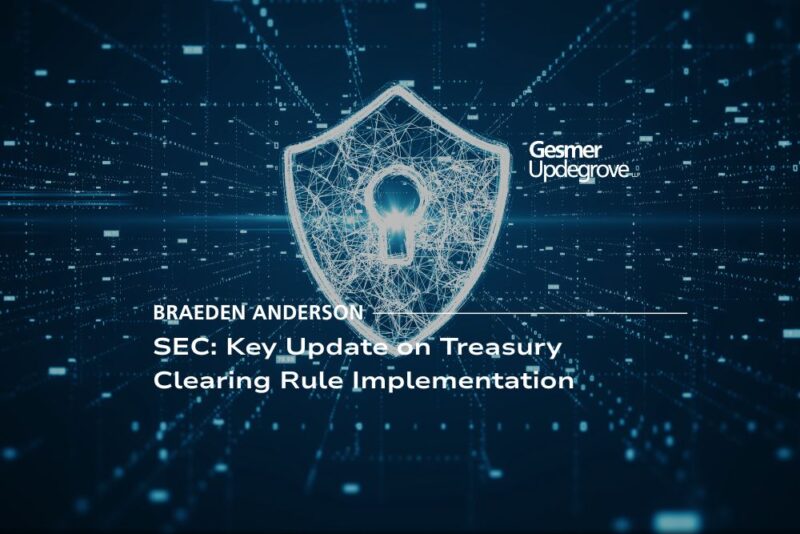
- Coordinated Clarity: SEC and CFTC Issue Joint Statement on Spot Crypto Asset Trading
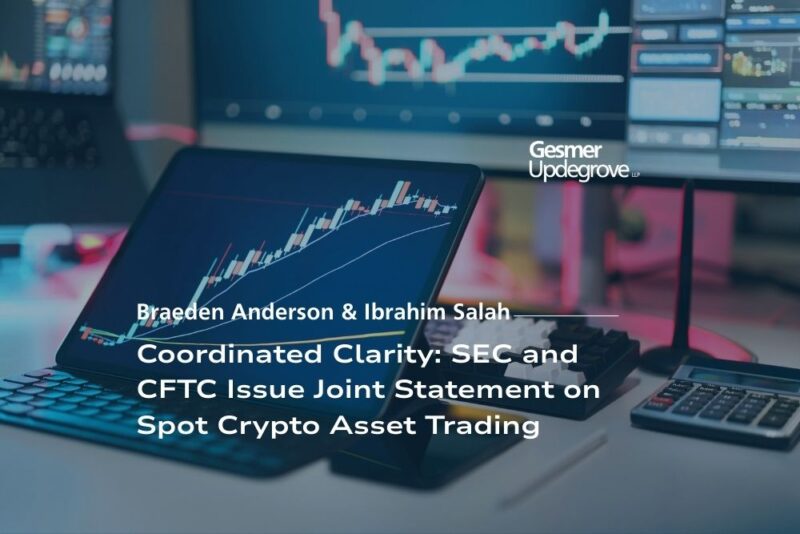
- From Negligence to Intent? The Future of Rule 206(4)-8 Enforcement
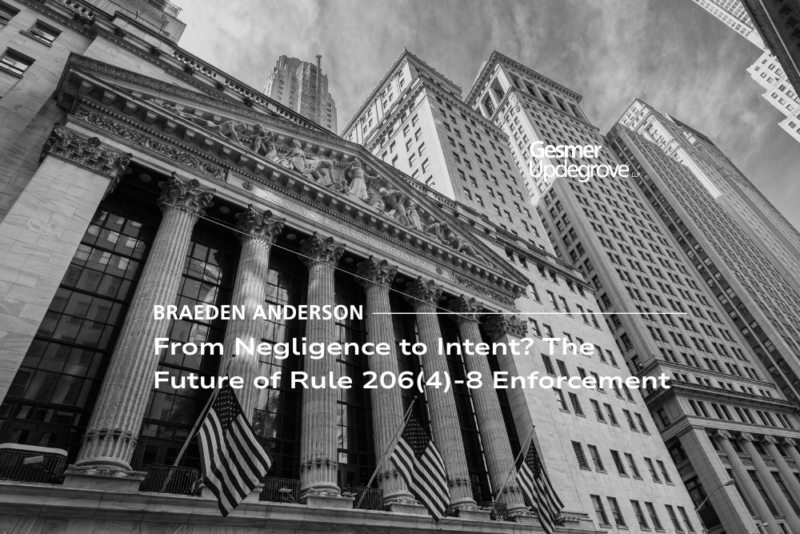
- SEC to Hold Roundtable on the Order Protection Rule: Revisiting Two Decades of Reg NMS
